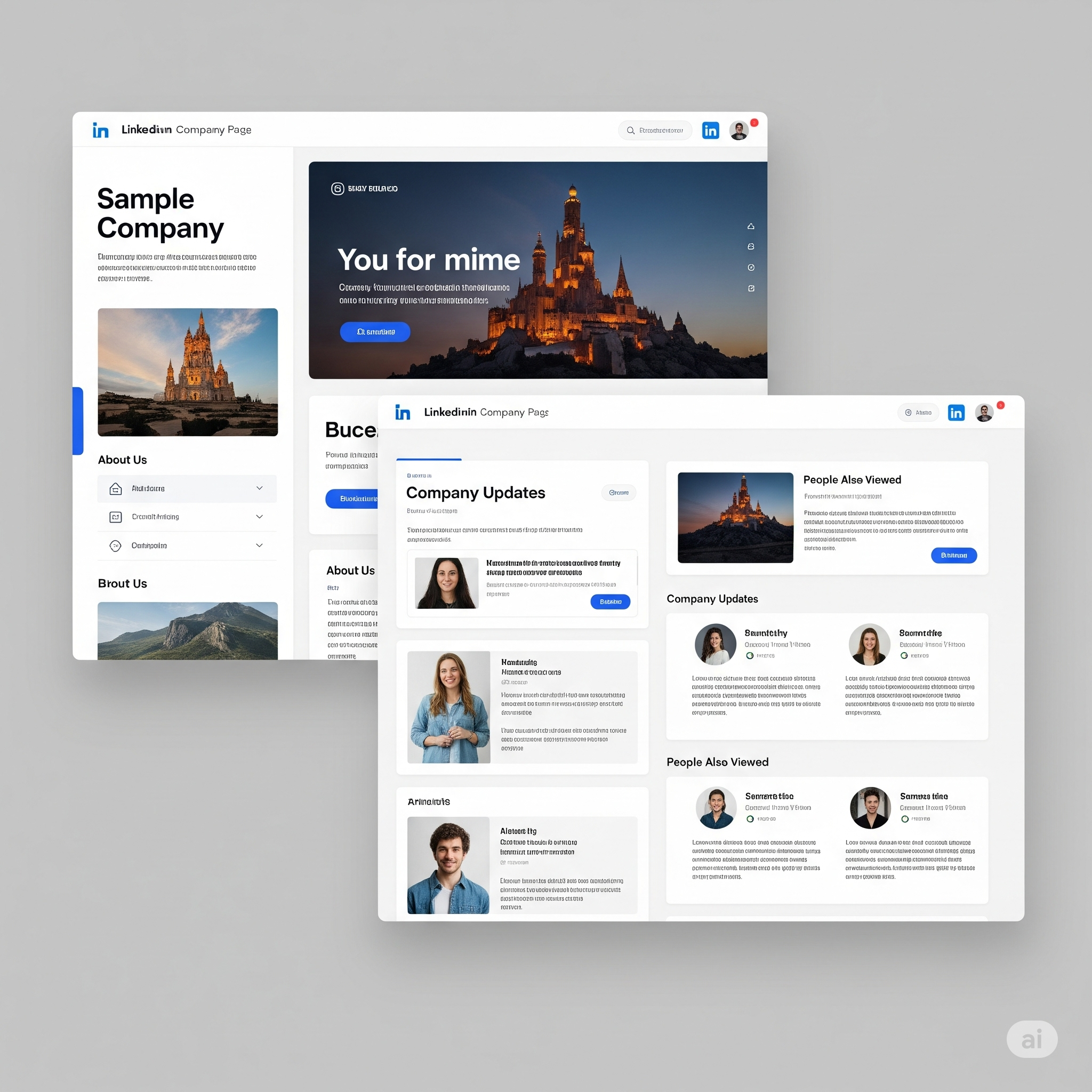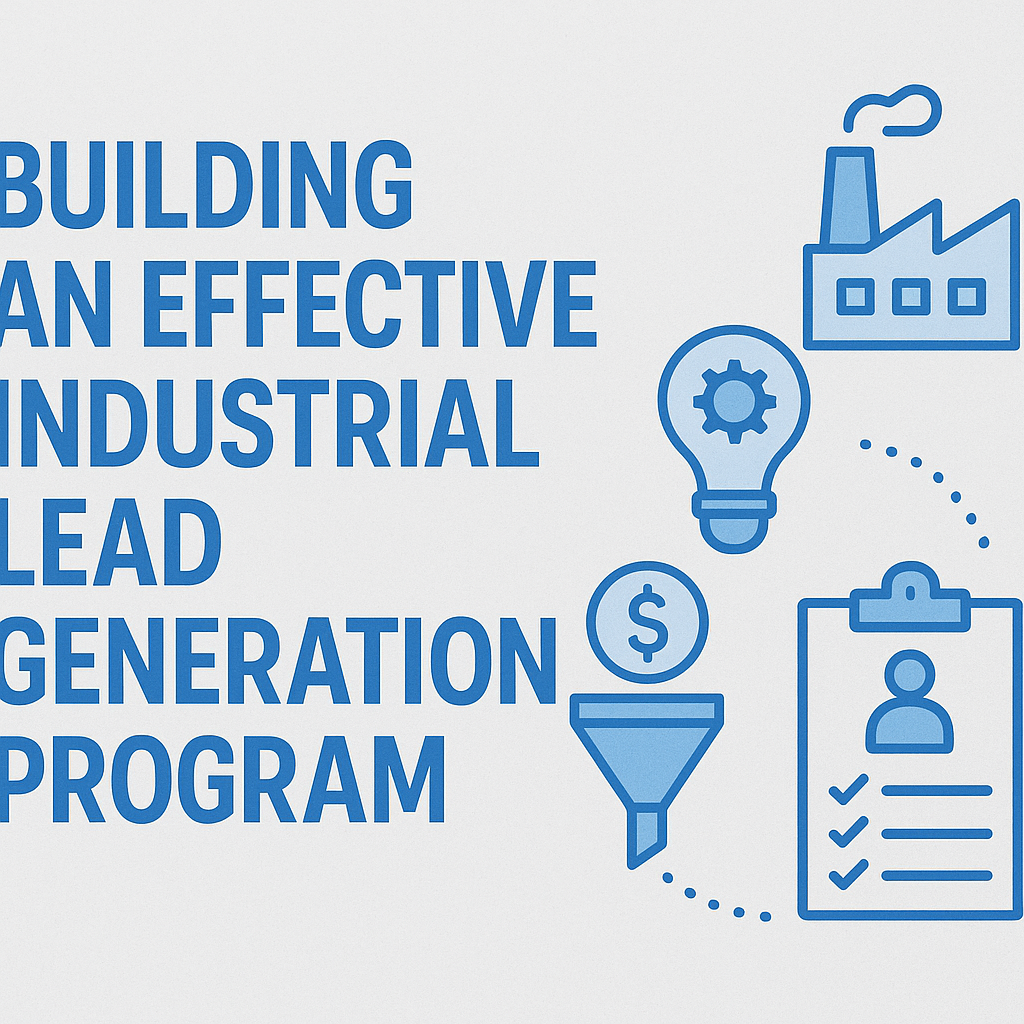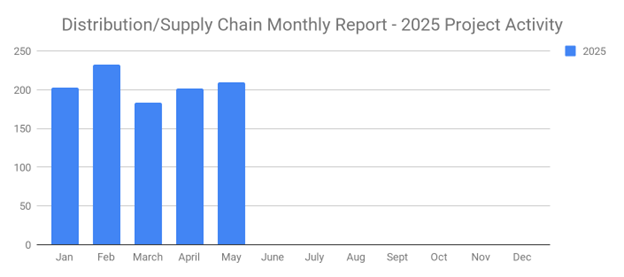
Just because a prospect makes an appointment to talk to you or another sales rep at your B2B company, there's no guarantee that he or she will show up for it. Maybe the prospect forgot about the appointment, or perhaps he or she already found a solution from a competitor. Regardless, no-shows are common in the B2B industry. Some reports suggest that up to 40% of prospects who make an appointment fail to show up for it.
The Impact of Appointment No-Shows
Appointment no-shows can have a negative impact on your B2B company's operations in several ways. For starters, each no-show is a missed sales opportunity. Appointments are oftentimes the precursor to a sale. If a prospect wants to learn more about a product or service offered by your B2B company, he or she may make an appointment to talk to a sales rep. A no-show means you won't have the opportunity to pitch the product or service to the prospect, resulting in a missed sales opportunity.
You'll also waste time dealing with no-shows. Whether it's an in-person, over-the-phone or an online appointment, you'll have to wait for the prospect. A no-show, of course, means the prospect won't show up for the appointment. You may end up waiting for a half-hour or longer, but the prospect won't show up for the appointment. The end result is wasted time that could be spent towards more productive activities.
No-Shows vs Cancellations: What's the Difference?
Keep in mind that no-shows aren't the same as cancellations. In both scenarios, the prospect won't show up for a scheduled appointment. The difference is that no-shows don't involve any notice from the prospect, whereas cancellations do involve a notice from the prospect.
Prospects may cancel their appointments ahead of time if they are unable to show up for it. After making an appointment, a prospect may contact your B2B company to cancel it. No-shows don't involve any form of notification. Instead of contacting your B2B company beforehand, the prospect simply won't show up for his or her appointment. Both no-shows and cancellations will result in missed sales opportunities. No-shows, however, are more harmful because they waste more of your B2B company's time and resources.
Allow Prospects to Make Appointments Online
While you're bound to enter some no-shows, there are ways to minimize them. Allowing prospects to make appointments online, for instance, can reduce the number of no-shows you experience. Prospects who make appointments online are more likely to show up for them. With online appointments, prospects can select a date and time for the appointment. Most online appointment-setting software also allows prospects to manage their appointments from an account.
You can still allow prospects to make appointments using other methods. Nonetheless, allowing them to make appointments online to talk to you or another sales rep will reduce the chance of no-shows. Online appointments give prospects the freedom to select an available date and time, and it allows them to manage their appointments from an account. It's a simple but effective way to improve your B2B company's appointment-setting strategy.
Send an Appointment Reminder
One of the most effective ways to minimize no-shows is to send a reminder. Most no-shows involve a prospect forgetting his or her appointment. Prospects in the B2B industry are typically executives, as well as other high-ranking decision-makers, who are responsible for running their own businesses. Therefore, it's not uncommon for prospects to forget about their appointments -- even if they manually booked them.
You can encourage more prospects to show up to their appointments by sending them a reminder. A good rule of thumb is to send each prospect a reminder 24 to 48 hours before his or her appointment. It only takes a few minutes to send a reminder, but doing so can have a positive impact on no-shows. It will reduce the number of no-shows that you experience by informing prospects about their upcoming appointments.
When sending appointment reminders, use multiple channels. If you know a prospect's phone number, you can send him or her a reminder via voicemail and text message. Assuming you know the prospect's email address, you can also send him or her a reminder via an email. Using multiple channels to send appointment reminders will ensure that they don't go unnoticed by prospects. More prospects will see the reminders, resulting in fewer no-shows.
Use a Third-Party Appointment-Setting Service
If you're tired of dealing with appointment no-shows, you should consider using a third-party appointment setting service like SalesLeads. It's a commercial service that's designed to help B2B companies secure appointments from qualified prospects. You can use a third-party appointment setting service to generate sales leads and, ultimately, secure more appointments with qualified prospects.
With a third-party appointment setting service, you won't have to worry about finding prospects and convincing them to make an appointment. The provider will take this burden off your shoulders so you can focus on the sales cycle to close. Appointment-setting providers, also known simply as appointment-setters, specialize in sales lead generation. They know where to find qualified prospects who fit your B2B company's target audience, and they know how to compel those prospects to make an appointment. By using a third-party appointment-setting service, you'll experience fewer no-shows.
Contact Prospects Who Are Late
Another tip to curb no-shows is to contact prospects who are late. After five or more minutes have passed -- and the prospect still hasn't showed up to the appointment -- contact him or her. You can call or email the prospect. During this communication, ask the prospect if he or she is still planning to show up to the appointment. By contacting prospects who are at least five minutes late, you may convince them to show up to the appointment.
Contacting prospects who are late can prevent many instances of no-shows. And if a prospect is unable to make the appointment, he or she may cancel it. Therefore, you'll waste less time and resources dealing with the prospect. Along with allowing prospects to make appointments online, sending them reminders and using a third-party appointment-setting service, contacting prospects who are late can increase your appointment success rate.
What to learn more? Get in Touch





